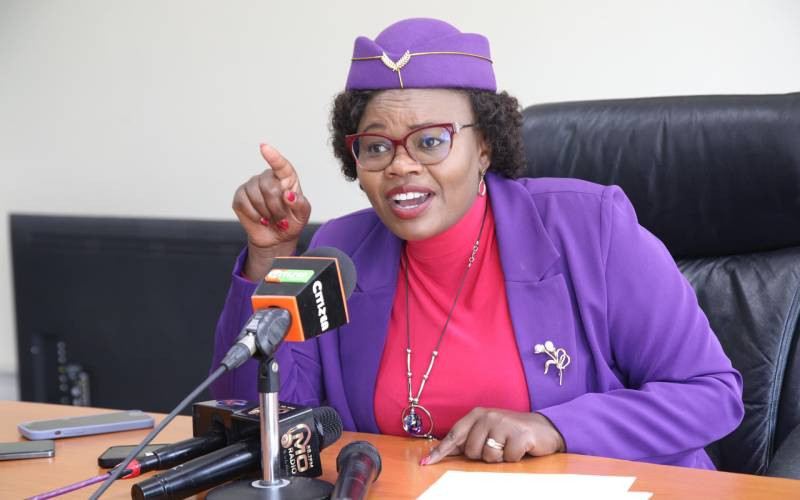Air Canada Pilot Sparks Debate Over ATC Shortage as Flight Delays Disrupt Travelers and Airlines at Vancouver Airport, Check This Out - Travel And Tour World
Tuesday, May 27, 2025

A routine delay turned into a national spotlight moment when an Air Canada pilot broke the silence on a growing crisis in Canada’s skies. Speaking directly to passengers, he blamed an ATC shortage for the holdup at Vancouver Airport, triggering immediate debate across the aviation sector.
His bold remarks echoed what many in the industry have long feared—Canada’s air traffic system is under serious strain. As delays mount and public frustration grows, this incident may mark a tipping point. What’s really causing these disruptions, and how deep does the problem go? The answers could reshape Canadian air travel.
A routine flight from Vancouver to Montreal turned into a national talking point this weekend, when an Air Canada pilot broke silence on the intercom, calling out a worsening issue that many travelers have felt—but few in power have directly addressed. The cause? An alarming shortage of air traffic controllers.
As travel surges ahead into summer 2025, Canada’s skies are becoming more congested—not just with planes, but with growing frustration, longer delays, and rising operational strain. At the center of it all is Nav Canada, the private company tasked with managing the country’s air traffic control system.
And now, the cracks are showing.
The Saturday flight faced a 50-minute delay. But what shook passengers was the cause—and the raw honesty with which the pilot addressed it. He didn’t blame weather. He didn’t cite a mechanical issue. Instead, he pointed to staffing shortages within Nav Canada and encouraged passengers to demand accountability.
His message captured the urgent mood of the moment. While most travelers endure delays in silence, this moment of clarity gave voice to a wider concern: .
Nav Canada has already acknowledged “resource constraints” in recent months, particularly at . These constraints have led to dozens of delayed or canceled flights and widespread inconvenience for travelers across Western Canada.
However, this latest public exposure puts new pressure on both and federal authorities. The underlying issue? An ongoing shortage of qualified air traffic controllers, with insiders alleging that , and that overtime costs may be incentivizing slow hiring.
If true, this isn’t just a staffing problem—it’s a threatening the integrity of the aviation network.
While major carriers like Air Canada feel the sting in lost time and fuel costs, smaller airlines bear the brunt in . At , an Indigenous-owned carrier operating short-haul flights in British Columbia, the impact is deeply personal and economically damaging.
With routes lasting 20–25 minutes, delays of one to two hours throw entire schedules off course. These aren’t just inconveniences. They’re daily disruptions to tightly coordinated operations that serve .
For these carriers, the controller shortage is not a headline—it’s a .
The ripple effects of ATC understaffing extend far beyond delayed boarding announcements. Airlines incur due to late departures, fuel adjustments, crew rescheduling, and aircraft displacement. Business travelers lose contracts. Families miss milestones. Leisure travelers are forced into chaos.
Meanwhile, crew morale suffers. Customer satisfaction plunges. And trust in Canada’s aviation reliability begins to erode.
These aren’t isolated events—they’re symptoms of .
Across the industry, there is growing consensus that to fix this escalating issue. Tim Perry of the Air Line Pilots Association has called for collaboration between the federal government, airlines, unions, and training institutions.
The solution isn’t quick. Recruiting and certifying air traffic controllers is a , often requiring years of preparation. But what’s urgently needed now is to fast-track progress without compromising safety.
The industry isn’t asking for shortcuts. It’s demanding .
As the busy ramps up, travelers flying to or from major Canadian hubs should prepare for . Delays and last-minute schedule changes may persist, especially in Western Canada, where resource gaps appear most acute.
Experts recommend early check-ins, flexible itineraries, and travel insurance coverage as essential tools for navigating this volatile period. While airport staff and flight crews work tirelessly to maintain operations, .
And if this pilot’s words resonate, passengers are no longer content with silent delays. They want answers—and solutions.
This moment may well be the . Public awareness is growing. Airline staff are speaking up. And now, travelers are being encouraged to act—by voicing concerns to elected officials and demanding improvements.
The future of Canadian air travel depends on rebuilding the infrastructure behind the scenes—not just the terminals and tarmacs, but the invisible network of professionals guiding every flight to safety.
Air traffic controllers are the heartbeat of the system. Without them, the entire structure falters. The longer the shortage goes unresolved, the deeper the impact across .
This isn’t just another delayed flight. It’s a loud, clear warning from inside the cockpit. Without immediate action, as a leader in aviation safety and efficiency.
From everyday travelers to airline executives, the message is the same: the system must be fixed, and fast. Every delay is more than lost time—it’s a missed opportunity, a broken promise, a growing divide between what air travel should be and what it’s becoming.
Let this be the moment when passengers, pilots, and policymakers come together—not just to complain, but to create real, lasting change.











